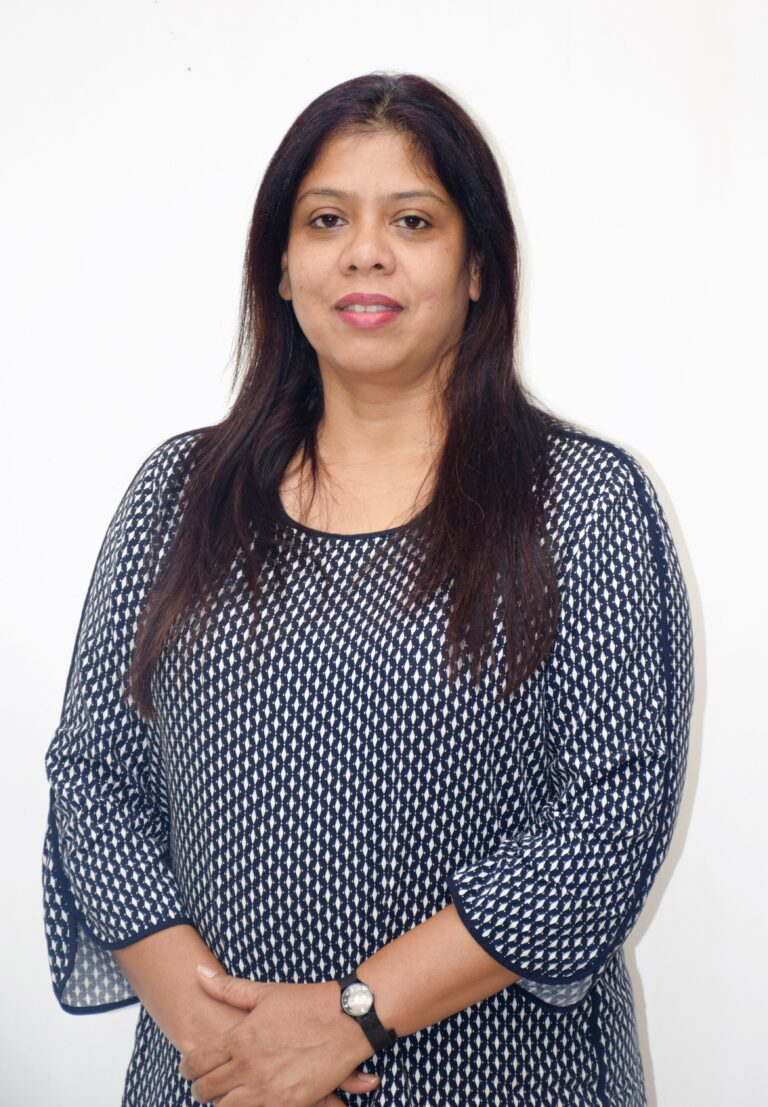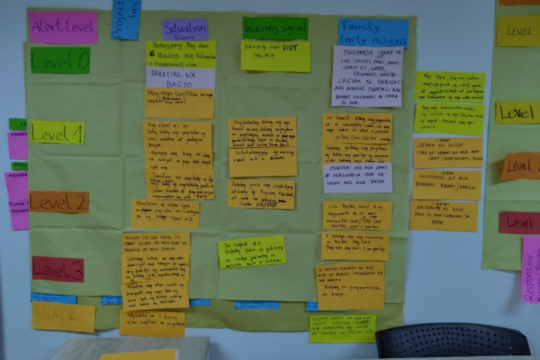
Janathakshan (Gte) Ltd is Sanskrit for ‘people’s technology’. The organization believes that technology can ensure higher standards of living without compromising the rights of future generations. Gothami Chandraratne envisions that prospect as one that supports women in harnessing that potential – “We work to build the resilience of men, women and children and eco-systems in Sri Lanka. The current and projected challenges are part of a larger nexus that connects the natural and socio-economic environment. Janathakshan believes the best way of forecasting the future is by creating it.”
Connecting with people at the grassroots level has guided Gothami’s career path, “I made a conscious decision to join the development sector during my time as a university student as it provides me an opportunity to work closely with multiple stakeholders and serve the most vulnerable people. As the Director of Operations, Gothami is the second in command. She is responsible for program development and management. Gothami is a development and humanitarian professional with two decades of experience in disaster management, climate change adaptation, and resilience building. I started my professional carrier as a Monitoring and Evaluation Coordinator at Cooperative for Assistance and Relief Everywhere (CARE) International in Sri Lanka working with a rehabilitation project. Cooperative with a diverse team enriched the learning experience of the program.”
Gothami’s tenure continued to the Sri Lanka Red Cross Society (SLRCS) as the Head of the Disaster Management Unit. Gender equality has been a constant across the many roles she has undertaken – “Gender equality starts with provisions in the recruitment policies of the organization. It is a continual process that progress when leaders make sure they create an enabling environment while being sensitive to gender aspects and considerations.” Women make up 34% of the labor force and contribute to 29% of the national economy in Sri Lanka.
Years of experience have expanded Gothami’s knowledge of career. She applies the same experience logic of women being disproportionately affected by and therefore managing climate change: “Women are often responsible for gathering and producing food, collecting water, and sourcing fuel for heating and cooking in Sri Lanka. These tasks are becoming more and more difficult with the effects of changing climate. Conducting these activities raising our awareness of climate change.” Gothami concludes that such knowledge and history are the basis for practical solutions to adapt to such change. “We play a critical role in climate adaptation and mitigation. Our solutions are rooted in our close involvement with climate change and therefore are the most sustainable. The nation needs more platforms for women’s leadership.” Women’s representation at the political level is substantially underrepresented with only 12 of 225 legislators being women.
Women need to be at the forefront of global decision making according to Gothami, “Empowering women and girls to become leaders and command a better world is the foundation for equality today for a sustainable tomorrow.”


